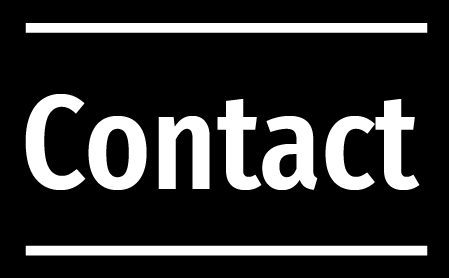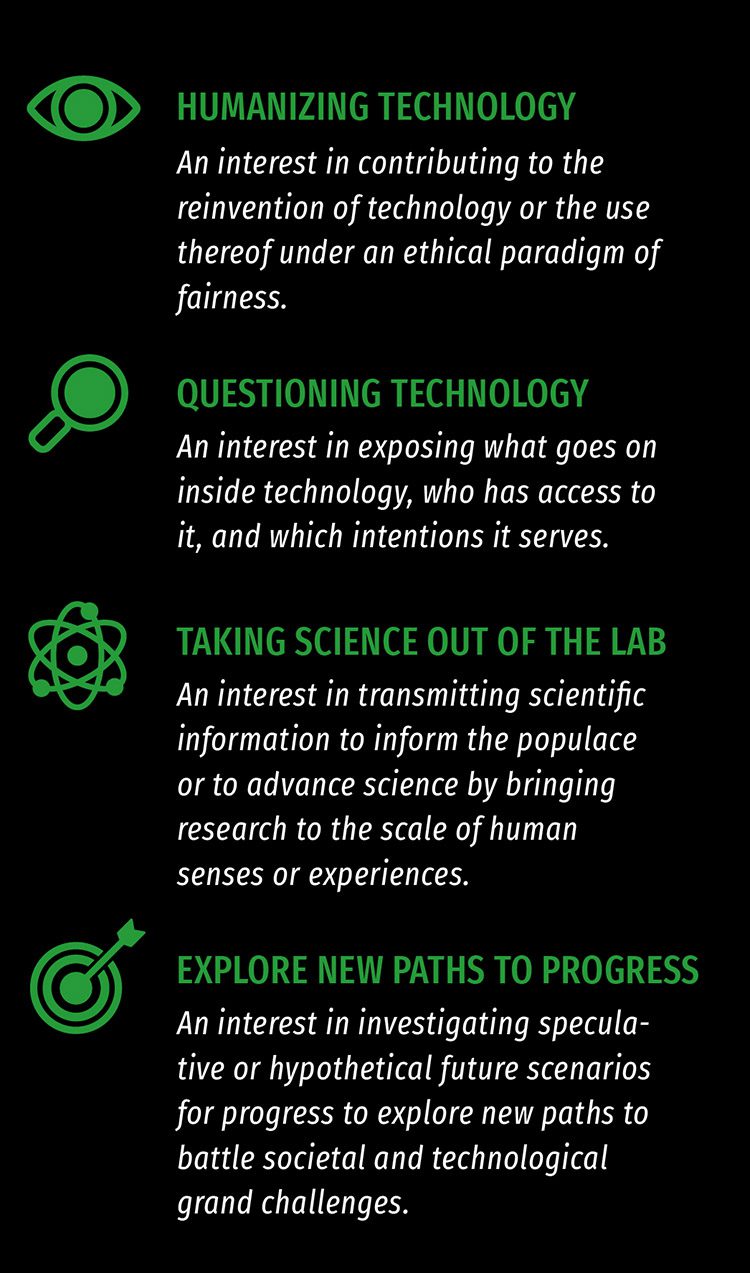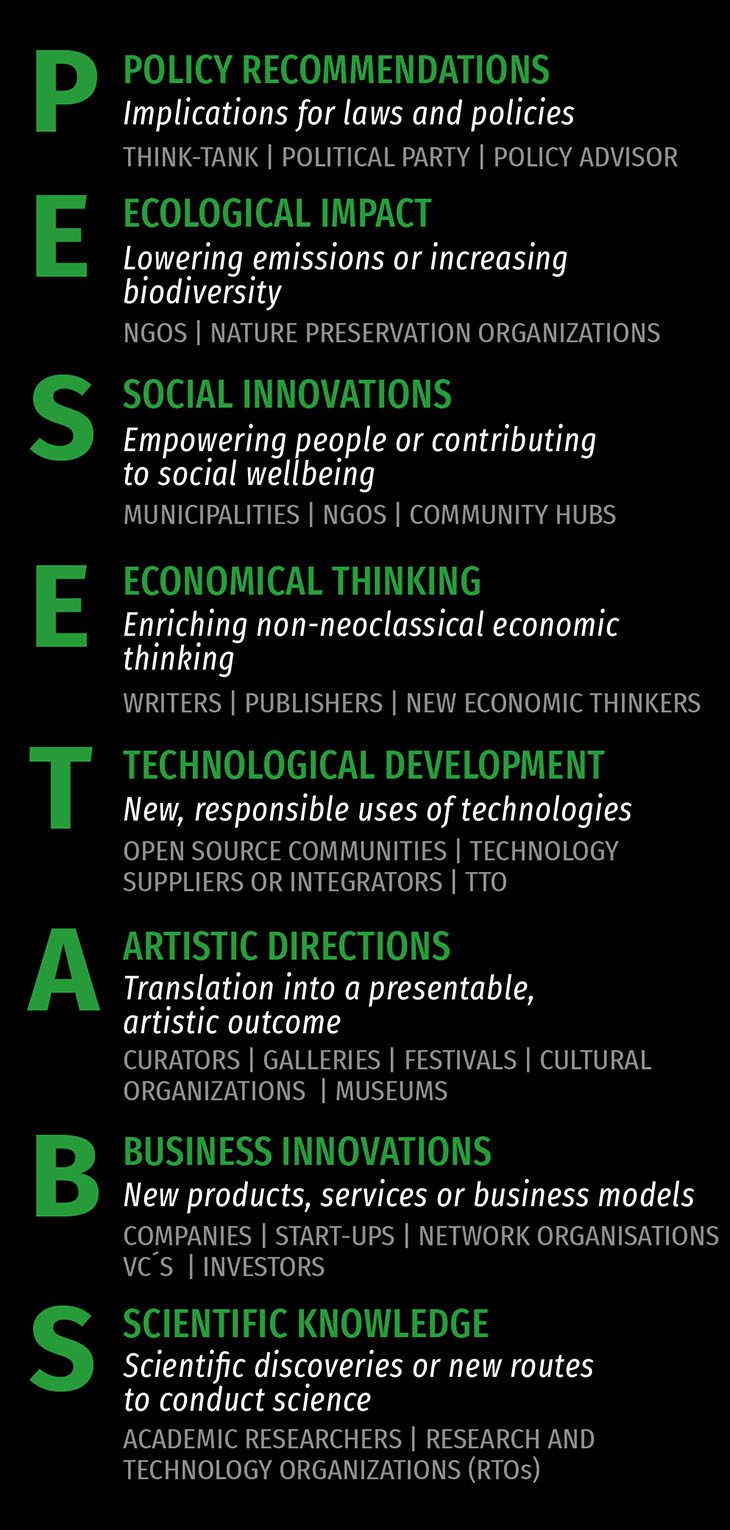Collaboration between scientific, technological and artistic domains is gaining traction through the world, but actually building a successful cross disciplinary collaboration with a sustainable return for all parties involved is challenging. By gathering experiences from different programs such as the STARTS initiative and insights from international experts, the collaboration toolkit aims to provide an introduction to a wide range of existing tools to support artists, scientists, technologists and intermediaries on this journey.
Points of Entry
Together with the partners in the STARTS Ecosystem, In4Art has created a toolkit which sets out to primarily help artists in approach researchers and companies to collaborate. Artists research technology on their ow terms and push boundaries in doing so. In a time where the diversity and complexity of technology has greatly increased, new approaches towards innovation are required. Approaches that require visionary technologists, engineers, artists and scientists alike to collaborate. To achieve this we must strive for Responsible Innovation which is something we simply cannot achieve without artists.
The toolkit distinguishes 4 points of entry for successful collaboration across these domains. From there, each point of entry starts a collaboration journey with overlapping but also distinct elements in how collaborations could be approached, set up and executed. The toolkit follows these four journeys, providing tips, tricks, advice and tools to increase the chances of success for all parties involved.
What is next?
On July 13th the toolkit was launched through a WeSTARTS webinar. The introduction to the toolkit was recorded and will be uploaded shortly. In the fall of 2020, a total of 4 webinars will follow, each dedicated to one of the collaboration journeys. During these webinars, for which precise dates will be communicated on the STARTS.eu website, guest speakers will take the stage to share their insights and experiences. The webinars will also serve as a discussion platform, inviting all to contribute their experiences and knowledge on the topic for the benefit of others. After completion of the webinars, an updated version of the Collaborative Toolkit will be published, including the most valuable insights from the discussion platform.
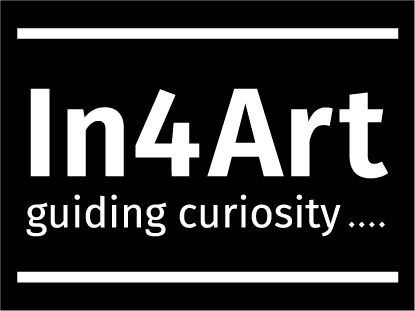

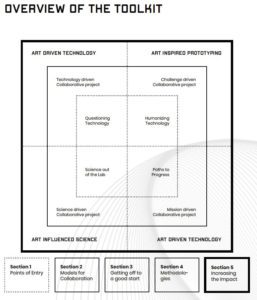


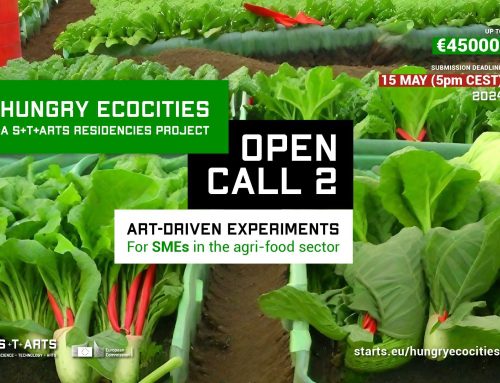
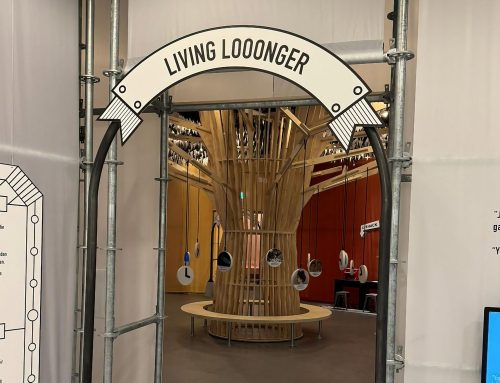
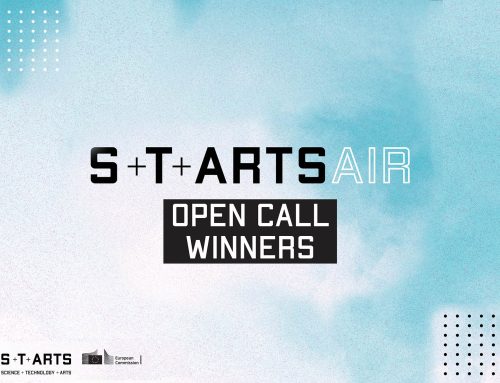
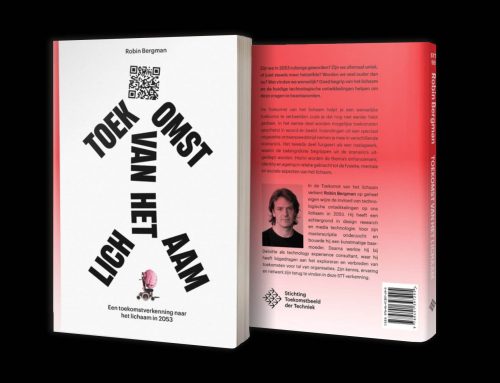


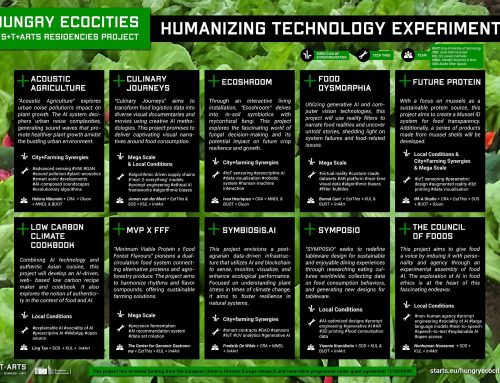
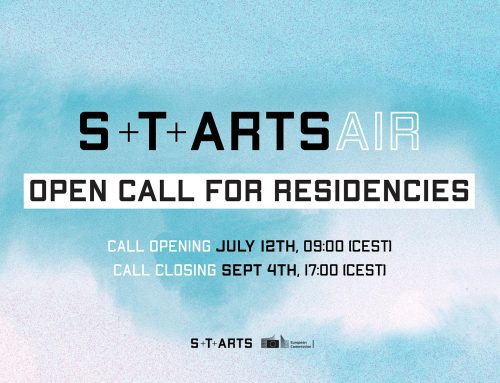
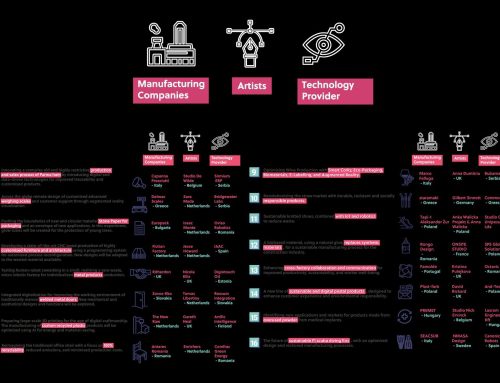
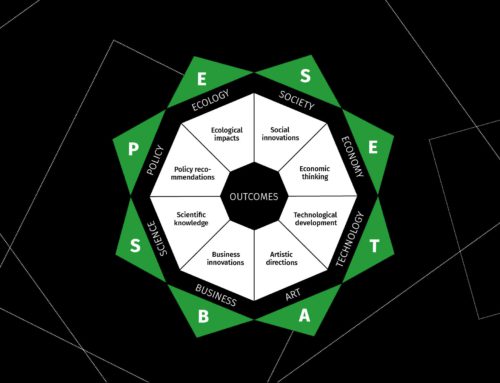

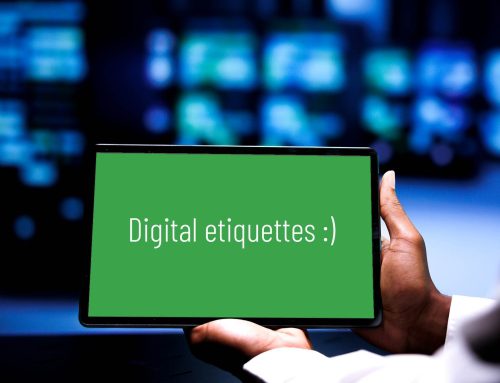
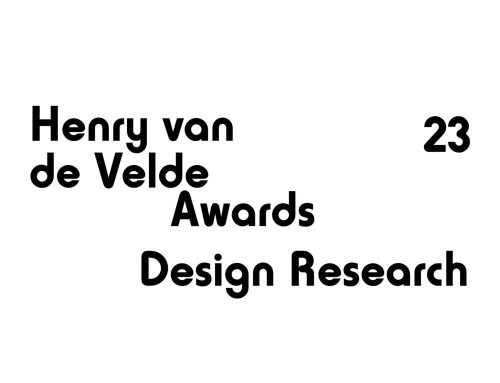
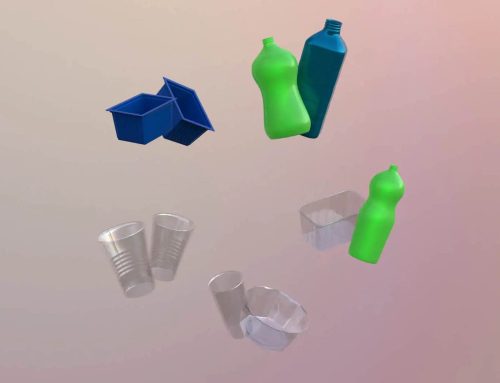


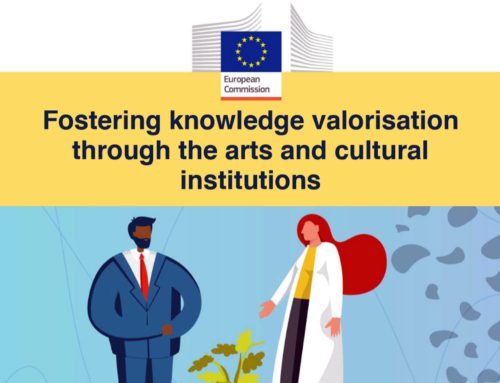
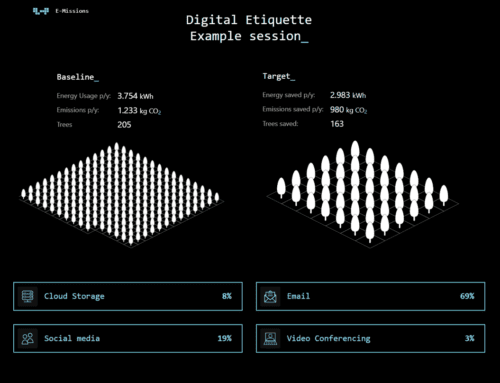



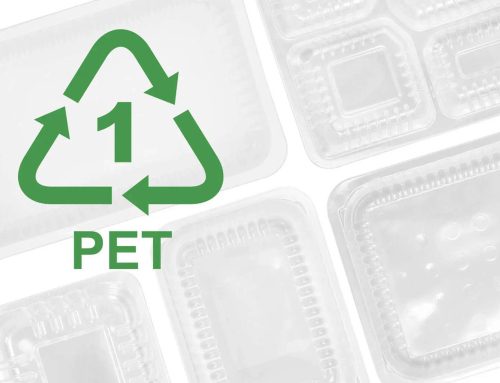
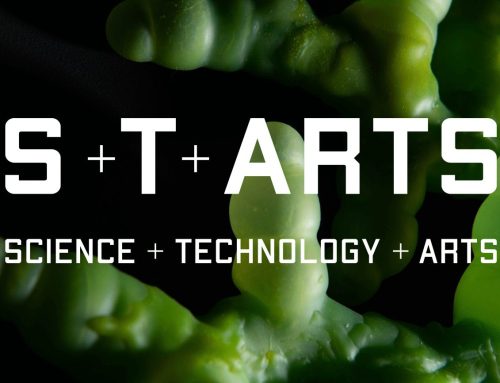



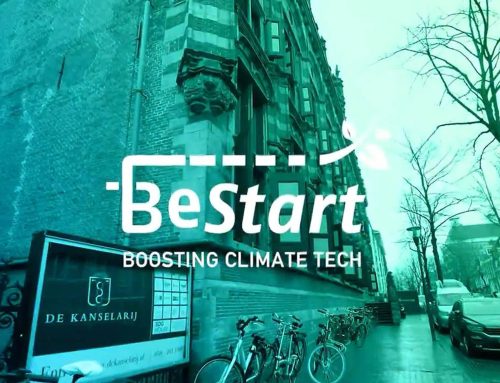
![Get ready to experience Transnational Activation of Simultaneous Touch [TAST] – 19 May 2022 – 22 May 2022 at V2_ in Rotterdam](https://b2035236.smushcdn.com/2035236/wp-content/uploads/2022/04/TAST-Marnix-de-Nijs-500x383.jpg?lossy=1&strip=1&webp=1)
